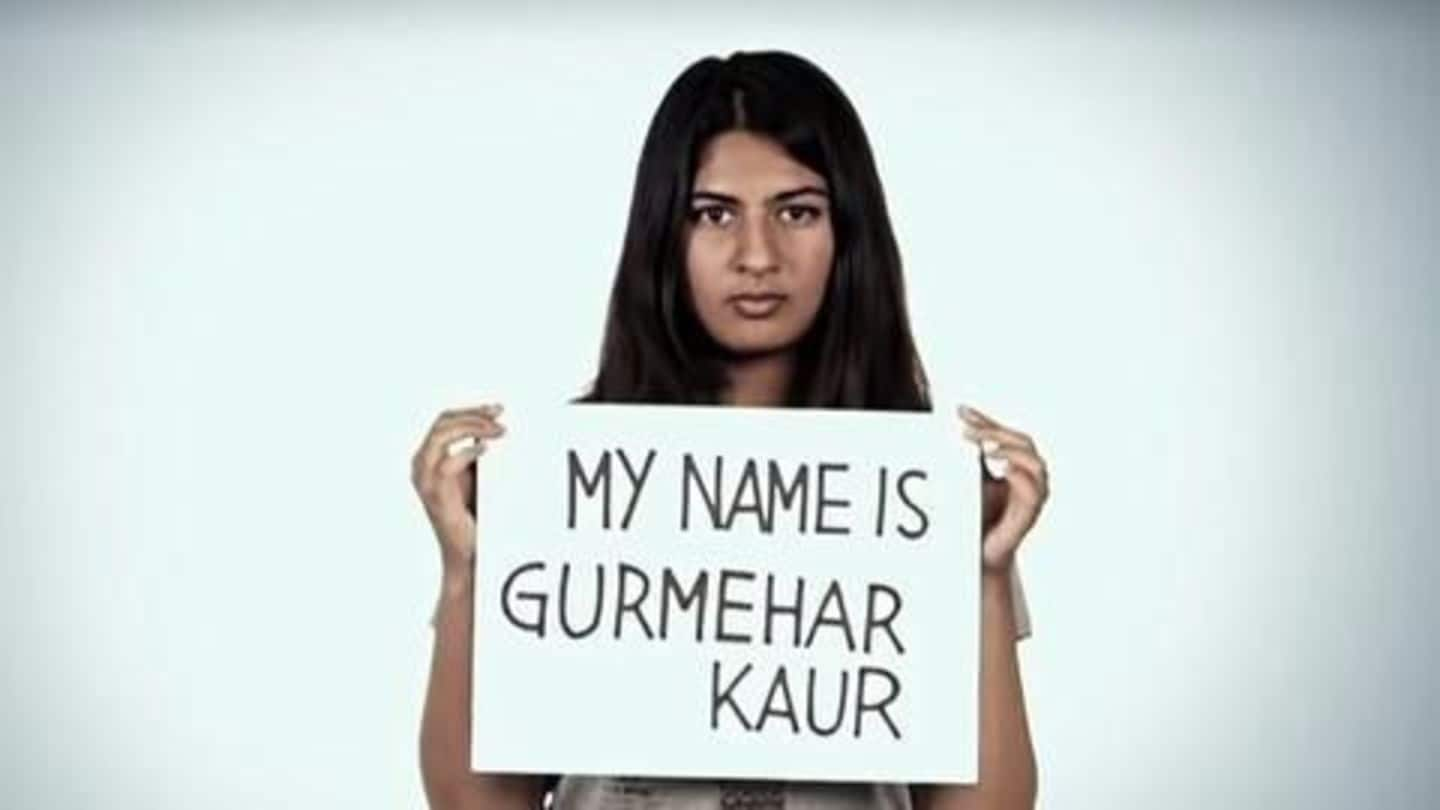
It's your right to free speech, and others' too
What's the story
Free speech is possible only in a free environment, which India hasn't been able to provide. Recently, with his "hardly literate" comments on Sehwag and Yogeshwar Dutt, Javed Akhtar implied free speech is the terrain of only the educated. The "I am right, you are wrong" stand has fast diminished tolerance for others' right-to-free speech. We would explore how free speech is construed world-wide.
Definition
What is free speech?
There has been no exhaustive legal definition of free speech per se. The Supreme Court analyses matters on a case-to-case basis. However, Article 19(2) puts restrictions on free expression, which is guaranteed by the Constitution under Article (1)(a), pertaining to "freedom of speech and expression".
Islam
Islam and free speech
In contrast to most others, the state and non-state actors have come together in Islamic countries to restrict free speech (several activists and journalists have been murdered in Bangladesh, Iraq, Syria, Nigeria and Egypt). Even the issuance of Fatwas by religious leaders, in essence goes against the principle of free speech as it calls for the outright rejection of any opposing ideology.
China
In China, Big Brother is watching you
Many states, including Cameroon, Pakistan and Cuba have attempted to curb dissent by enforcing severe clampdowns on expression, but China has taken matters to the extremes. After Xi Jinping came to power in 2012, he has clamped down on multiple platforms of expression, including the internet (YouTube, Google, Facebook etc are banned) and media (at least 49 journalists were in prison in December 2015).
Terrorism
Free speech vs life?
In January 2015, two gunmen stormed into the Paris office of magazine Charlie Hebdo and shot to death 12 people for printing cartoons on Prophet Muhammad. It led to global support for the publication with the hashtag #JeSuisCharlie ("I am Charlie"). The following May, attackers opened fire at the Culwell Event Center in Texas, which was hosting a "Muhammad Art Exhibit and Cartoon Contest".
'Hindu nationalism'
The rise of 'Hindu nationalism' in India
In the last few years, many public personalities have been threatened for voicing 'anti-India' and 'anti-Hindu' opinions. Wendy Doniger's 'The Hindus: An Alternative History' was pulled off the shelves, Leslee Udwin's 'India's Daughter' was banned, and printing of Megha Kumar's 'Communalism and Sexual Violence: Ahmedabad Since 1969' was suspended, among others. The Censor Board continues to land in controversies with its strict assessment guidelines.
Who said what
The 2016 JNU controversy: What media said
The 2016 JNU controversy inflamed the ongoing debate, with most media houses supporting Kanhaiya Kumar and his "anti-national" slogans. An Indian Express oped said: "A democracy that cuts 'anti-nationals' some slack is a robust democracy." Rajdeep Sardesai penned a piece titled "Yes I too am anti-national". Meanwhile, Arnab Goswami, formerly with Times Now, argued: "Students cannot be allowed to disgrace our campuses."
Data
The most liberal, and the least
A Pew Research Centre study found over 60% of the population in Japan, Germany, Russia and Ukraine, among others, favoured government controls on right to expression. The US, Canada, Britain, South Africa and France were among the most liberal, with the majority supporting individual freedom.